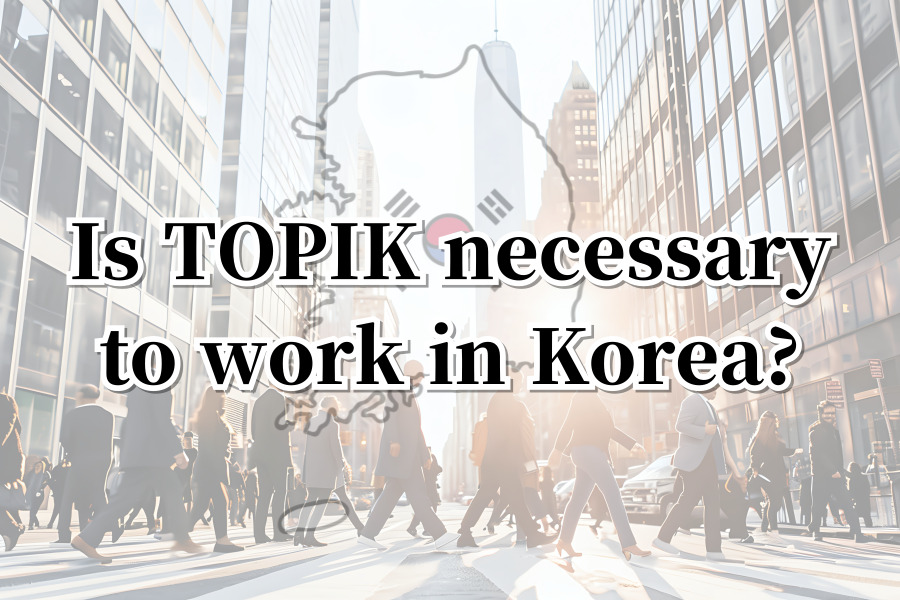
Are you thinking about working in South Korea and wondering if you need to take the Test of Proficiency in Korean (TOPIK)? 🤔 Let’s explore if TOPIK is required for getting a job in Korea and how it might help your career. So… is TOPIK Necessary in Korea?
What is the TOPIK Test?
Overview and Levels
The Test of Proficiency in Korean (TOPIK) measures how well non-native speakers can use the Korean language. There are two main levels: TOPIK I (Beginner) and TOPIK II (Intermediate and Advanced). The levels range from 1 to 6, with 6 being the highest.
TOPIK I is for beginners and includes levels 1 and 2. It tests basic reading and listening skills. TOPIK II is for intermediate and advanced learners and includes levels 3 to 6. It tests reading, listening, and writing skills. The higher your level, the more advanced your Korean language skills are.
Purpose of TOPIK
TOPIK checks how well you can understand and use Korean in real-life situations. Many schools and companies in Korea recognize TOPIK, using it to see how good your Korean is. It can be a useful certification if you plan to study or work in Korea.
The Role of TOPIK in Employment
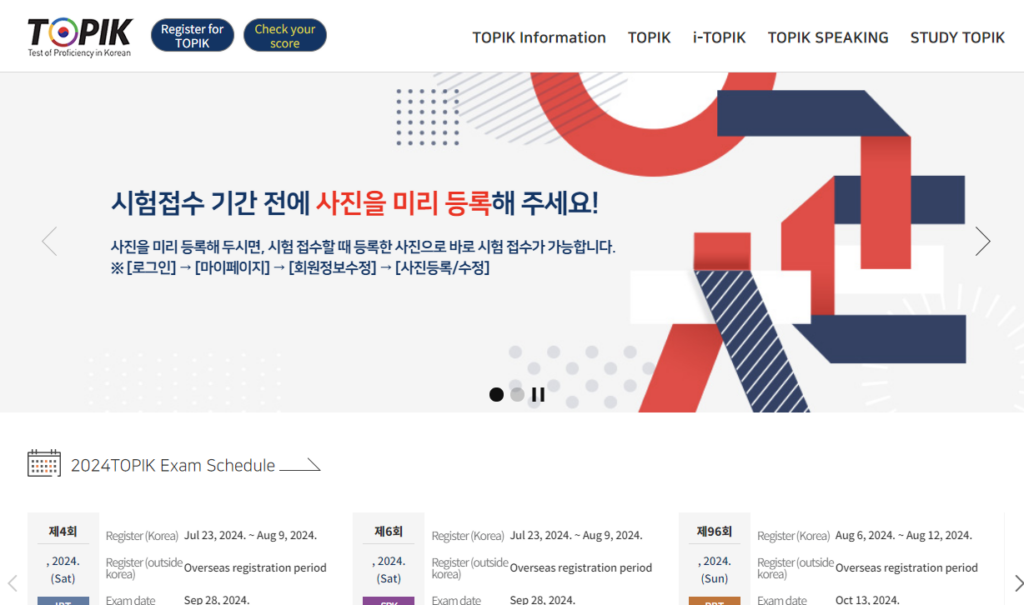
Industries and Jobs Requiring TOPIK
Not all jobs in South Korea require TOPIK, but it is important in some fields. Jobs in teaching, translation, and certain professional roles often ask for TOPIK levels 5 or 6. For example:
- Teaching: If you want to teach Korean or work in a bilingual school, you might need a high TOPIK score.
- Translation and Interpretation: These jobs require excellent Korean skills, so a high TOPIK score is often needed.
- Professional Roles: Some companies, especially those that deal with Korean clients or partners, prefer candidates with TOPIK certification to ensure smooth communication.
Some companies prefer applicants with TOPIK to make sure they can communicate well with coworkers and clients. A TOPIK certificate shows that you have a good understanding of Korean, which can be important for roles that require frequent use of the language.
Advantages of Having a TOPIK Certificate
Having a TOPIK certificate can make you stand out in the job market. It shows you are serious about learning Korean and can work well in a Korean-speaking environment. Here are some benefits of having a TOPIK certificate:
- Competitive Edge: In a competitive job market, a TOPIK certificate can set you apart from other candidates. It shows that you have taken the time to learn and master the language.
- Proof of Skills: A TOPIK certificate is an official proof of your Korean language skills. This can be helpful if an employer wants to verify your language proficiency.
- Better Integration: If you plan to live and work in Korea, knowing the language can help you integrate better into the workplace and society. It can make everyday tasks easier and improve your overall experience.
For jobs needing high-level Korean skills, a TOPIK certificate can be very helpful. 🌟
Wait! Check out this YouTube video for more tips on improving your Korean language, TOPIK skills.
When TOPIK is Not Necessary
Jobs and Industries That Don’t Require TOPIK
Many jobs in South Korea don’t need TOPIK, especially in multinational companies or industries where English is used more. Jobs in tech, finance, and international business often value other skills more than Korean language skills. Here are some examples:
- Tech Industry: Many tech companies in Korea use English as their primary language of communication, especially if they have a global presence.
- Finance and International Business: These sectors often prioritize candidates with expertise in finance or business over language skills. However, knowing Korean can still be an advantage.
- Creative Industries: Jobs in design, advertising, and entertainment may not require TOPIK, especially if the work is aimed at an international audience.
Alternatives to Demonstrating Language Proficiency
If TOPIK is not needed for your job, you can still show your Korean skills in other ways. This can include taking Korean language classes, joining language exchange programs, or working in a Korean-speaking environment. Here are some alternatives:
- Language Classes: Taking classes at a language school can help you improve your Korean skills and provide certificates of completion.
- Language Exchange Programs: These programs allow you to practice Korean with native speakers while helping them learn your native language.
- Work Experience: Gaining experience in a Korean-speaking environment, such as an internship or part-time job, can show your ability to use the language in real-life situations.
You can also show your language skills and cultural knowledge in job interviews or through references. 🌍
Conclusion: Is TOPIK Necessary to Work in Korea?
TOPIK is not required for all jobs in South Korea, but it can be very useful for some positions. Research the specific requirements of the job you want and work on your Korean language skills to improve your chances. Whether you take the TOPIK test or not, being good at Korean will help your career in Korea. Good luck! 🍀
For more information on our Korean language courses, Download our JAEM Korean app!
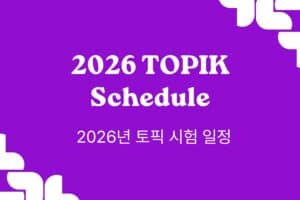
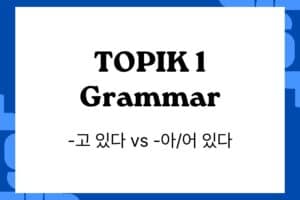
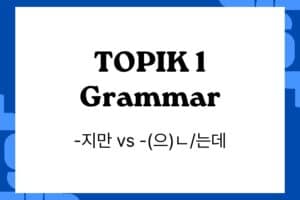
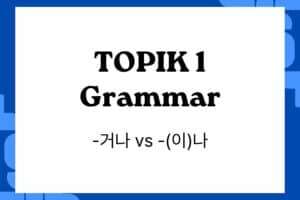
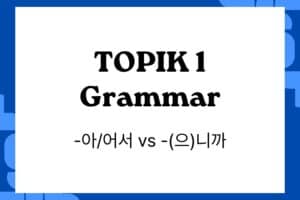




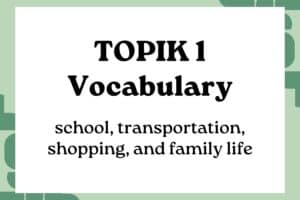
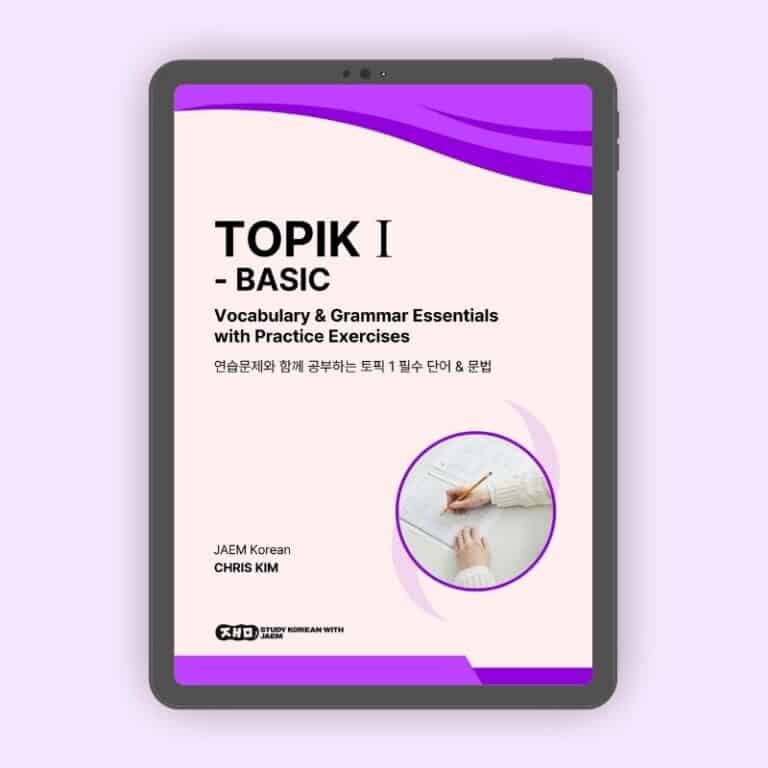
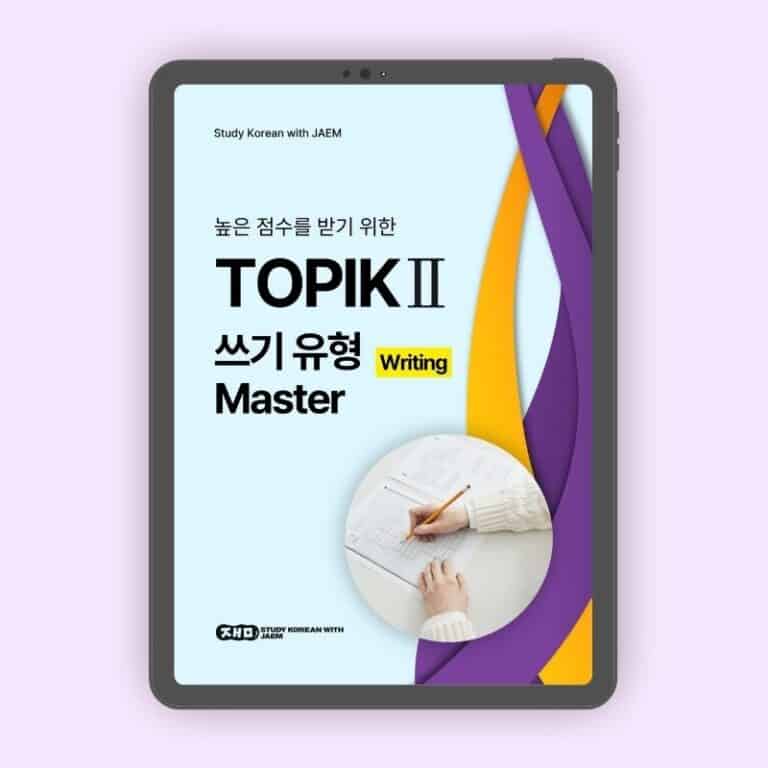
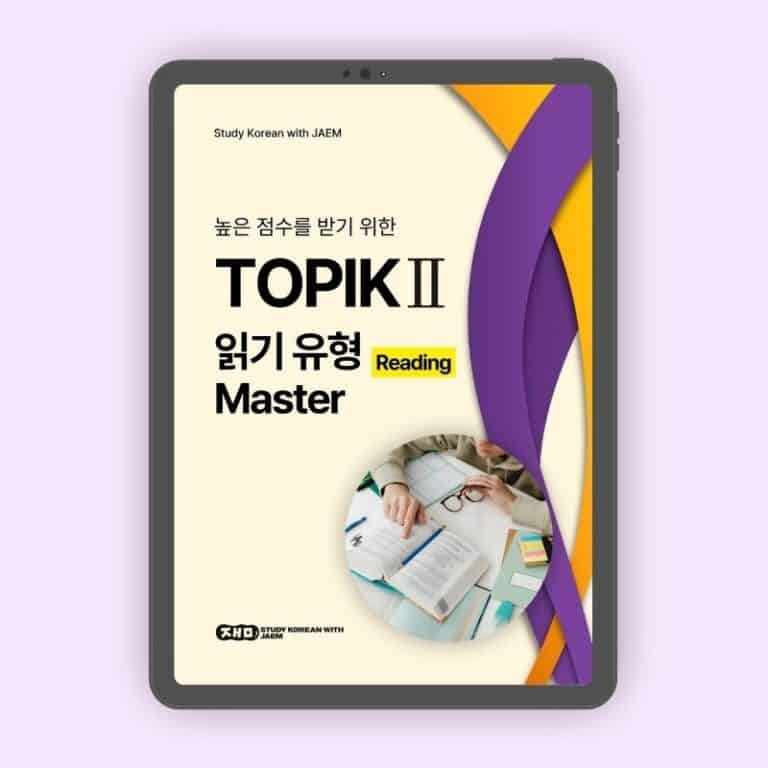

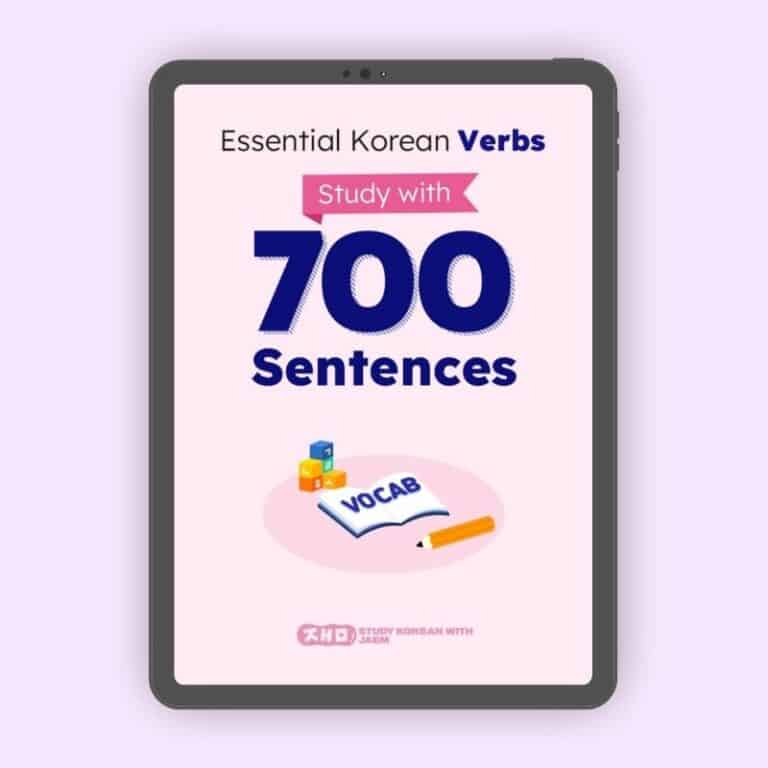
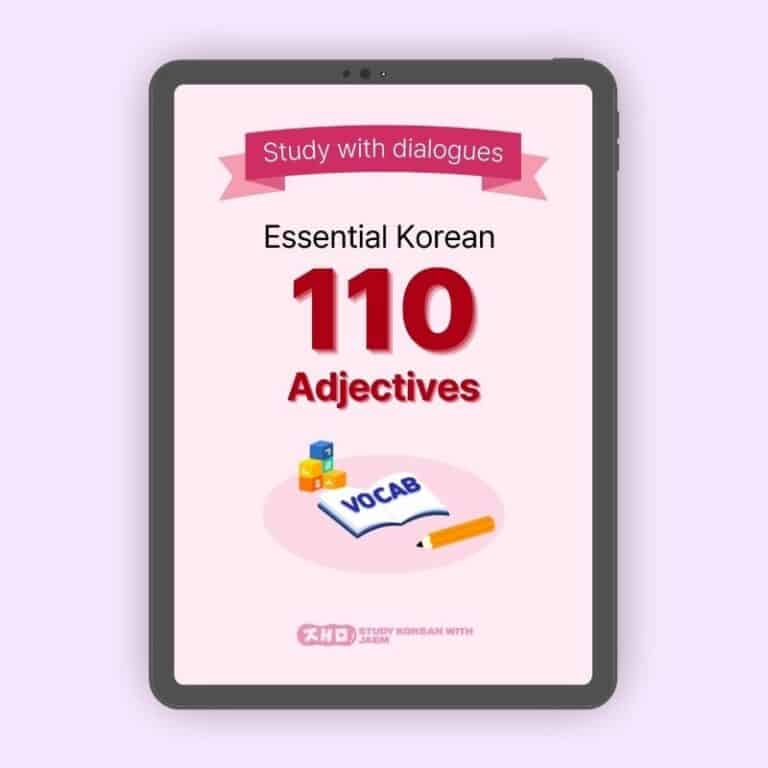



Responses